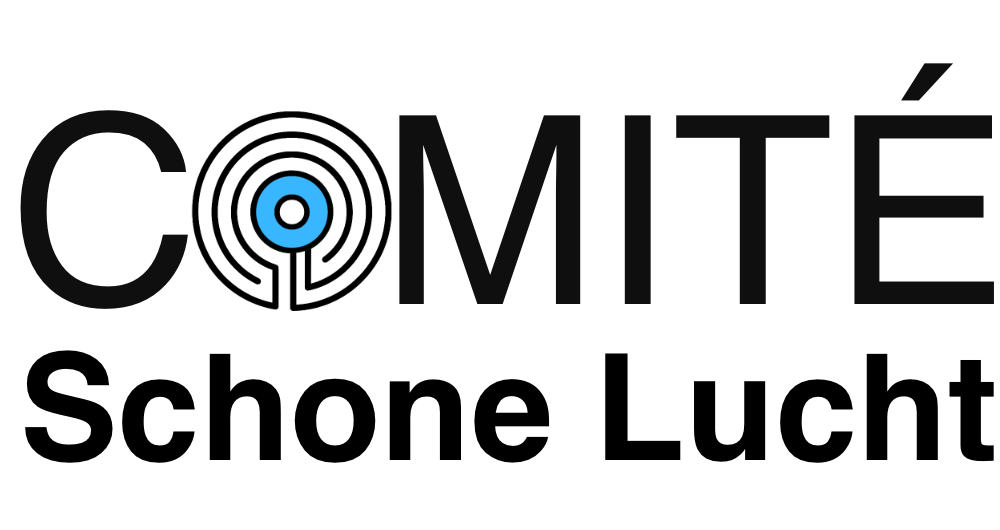Investigation into certificates of Malaysian wood pellets for RWE power plant after complaint from environmental groups
THEO BESTEMAN

AMSTERDAM – RWE, the German energy producer with two large power plants in the Netherlands, is facing supervision of the use of wood pellets that it burns in the Netherlands. The Dutch Emissions Authority (NEa) is investigating the Malaysian agency that issued the sustainability certificates for these pellets.
The reason is an enforcement request from two environmental organisations that state that RWE uses subsidised wood from tropical rainforest and vulnerable peatlands. The pellets are used in the Amercentrale in Geertruidenberg and the Eemshavencentrale in Groningen. According to RWE, it concerns sawdust, residual material from the wood industry.
Imported wood pellets
According to the Clean Air Committee and the British Biofuelwatch, the imported biomass does not meet European sustainability requirements, while RWE does receive hundreds of millions in subsidies for it. The subsidy comes from the so-called SDE++ scheme, a fund from the Dutch government that is intended to stimulate sustainable energy production. RWE will receive approximately 2.5 billion euros through this scheme until 2027.
Sawdust
According to the organisations, satellite images and field research show that rainforest has been cut down and peatlands have been drained to make room for plantations. This would be in conflict with the rules associated with the subsidy. “This shows that Malaysian wood pellets are linked to the destruction of rainforest,” says Fenna Swart of the Clean Air Committee. “That is incompatible with the criteria on which the subsidy is based.”
The NEa, which monitors the use of biomass, has announced a “supervisory action”. The supervisor is looking at the agency in Malaysia that declared the wood to be sustainable. RWE itself is not the target of the investigation at the moment. “We cannot check RWE itself,” says a spokesperson. “We can check the Malaysian authority that was tasked with checking the certificates – whether that was done rightly or wrongly.”
‘A step’ Swart calls the investigation “a step”, but doubts whether it will change anything. She points to the lack of independent supervision: “As long as it relies on commercial parties that are paid by the sector itself, you have no guarantee that those 2.5 billion euros will end up in the right place. The goal should be to suspend the SDE++ subsidies until it is proven that the wood passes the sustainability test.” The watchdog NEa cannot stop subsidies or impose fines itself, he emphasizes. That is up to the Ministry of Economic Affairs.
RWE: according to the rules
RWE previously stated that it complies with all applicable sustainability requirements. “It is news to us that this enforcement request has been submitted. We have not yet received any information about this from the NEa,” said the spokesperson.
According to the company, the certification was carried out in accordance with the legal regulations. RWE emphasizes that it does not certify the wood itself, but works with recognized quality marks and independent inspections. According to the company, the certificates were issued correctly. “We do not use products directly from the forest. It is sawdust, residual production from the wood industry,” said the spokesperson.

Amercentrale @ ANP 2024
‘Independent research’
RWE says it takes the rules on biomass sustainability ‘very seriously’. “In recent years, we have always been able to demonstrate that the biomass we import complies with the applicable conditions of RVO and the NEa. This is also checked by an independent, recognized and accredited certifier,” the spokesperson said.
“The request shows that the applicants are not or insufficiently familiar with the applicable rules regarding demonstrating the sustainability of biomass. Different rules apply to different categories of biomass. These are confused in the enforcement request,” he says. “For example, in 2024, RWE only imported pellets from residues from the wood processing industry and no biomass directly from forests. And we have no trading relationship at all with one of the parties mentioned in the enforcement request. We are waiting to see whether the enforcement request has actually been submitted to the NEa.”
Original article: https://www.telegraaf.nl/financieel/nieuws/onderzoek-naar-certificaten-maleisische-houtpellets-voor-energiecentrale-rwe-na-klacht-milieuclubs/74509610.html
